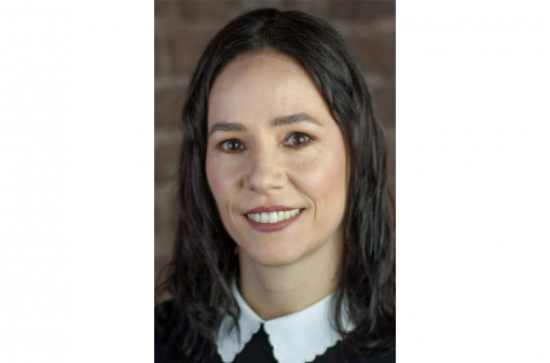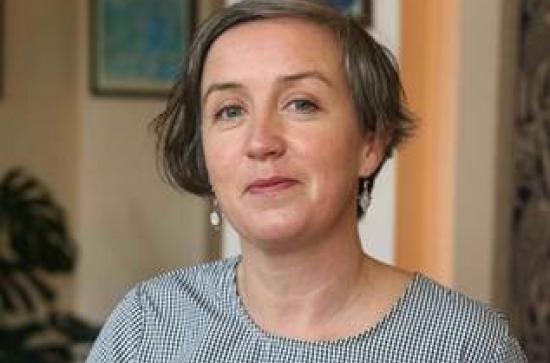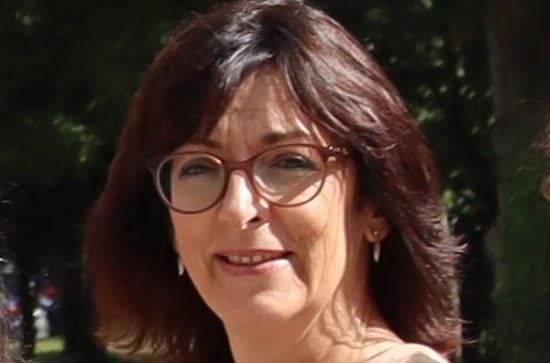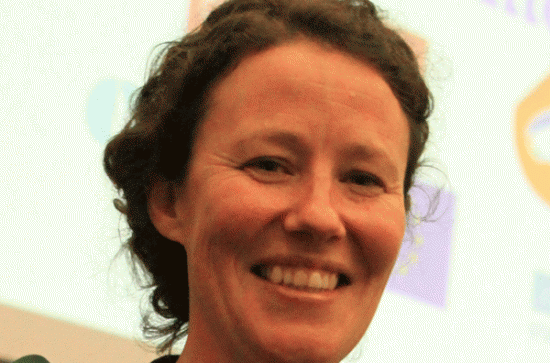Qualification : MASTER OF SOCIAL SCIENCE
Award Type and NFQ level : TAUGHT MASTERS (9)
CAO/MU Apply code : MHB56
CAO Points :
Closing Date : 30 June 2025
The MSocSc (Rights & Social Policy) provides advanced study in key and often challenging issues facing social policy today. It provides an opportunity for critical study in the application of social policy theory and methodology to policy and practice.
The programme aims to provide students with advanced critical, analytical and research skills in selected substantive areas of social policy, and in the shaping of policy, in contemporary Ireland and more widely. In particular, the emphasis is on the interconnections between the themes of rights, recognition and redistribution. Currently, the programme includes optional taught modules on gender rights, child policy, housing policy, education inequalities, health & mental health policy, criminal justice policy and a cross-disciplinary module on human trafficking.
The MSocSc (Rights & Social Policy) will provide graduates with advanced knowledge in critical social policy theory, studies and perspectives, advanced skills in relation to social policy analysis, high levels of competence in social policy research methods and a thorough grounded understanding in areas of rights, governance, equality, ageing and criminal justice issues. Graduates will develop and demonstrate proficiency by completing a supervised research dissertation in a chosen area of interest.
Commences
September
Candidates are required to have: a Bachelor of Social Science (NFQ Level 8 (or equivalent) honours degree) degree with an overall mark of at least 55% or a Bachelor of Arts (Applied Social Studies) (honours) degree with an overall mark of at least 55% or an honours degree in a related discipline with an overall mark of at least 55%. Candidates meeting the above criteria will be interviewed. Applicants must have a recognised primary degree which is considered equivalent to Irish university primary degree level.
Note only applicable from 2026/2027 Entry
The Recognition of Prior Learning (RPL) pathway applies to the Master of Social Science Social Work if you meet the criteria below. Entry requirements differ under RPL, depending on your level of education and experience:
- Hold an honours primary degree (NFQ, Level 8) in any discipline, and have completed a minimum of twelve months relevant work experience in a social work or social work-related field¿or
- Hold a primary ordinary degree (NFQ, Level 7) in social science or its equivalent with an overall result of at least a Second Class Honours Grade 1 and have completed at least three years experience in a social work or social work-related field¿or
- Non-graduates with at least five years of professional experience in a social work or social work-related field may also be considered for admission.
The responsibility rests with the applicant¿to ensure that from the outset of their application they provide all required information and documentation to support their RPL application. Applications will not be considered under RPL without the required RPL information provided as part of the application.
Minimum English language requirements:
Applicants for whom English is not their first language are required to demonstrate their proficiency in English in order to benefit fully from their course of study. For information about English language tests accepted and required scores, please see here. The requirements specified are applicable for both EU and International applicants.
Maynooth University's TOEFL code is 8850
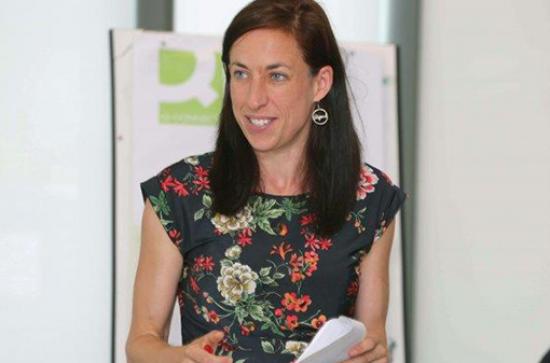
Academic
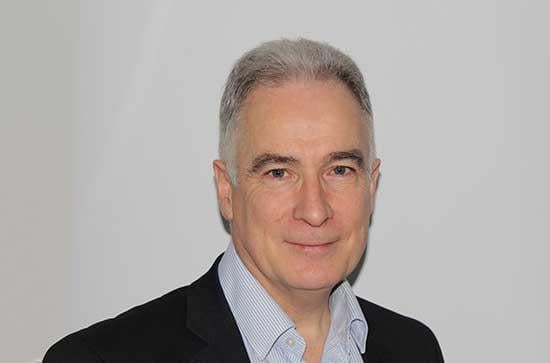
Academic

Academic
The course is offered on a full-time (1 year) and part-time (2 year) basis. The primary difference between the full-time and part-time options is that the dissertation is undertaken in year 2 of the part-time option.
Students start semester 1 with a module in equality and inclusion, concepts which underpin all aspects of the programme. Following this students develop policy skills, learning about critical social policy theories, political economy of the welfare state, how to write and influence policy and advanced policy analysis. Using these policy skills students choose from a range of optional modules which allow them to apply the social policy skills to topics of interest to them. Indicative optional modules include:
- housing inequalities and rights
- children's rights (from international conventions to local level programmes)
- gerontological polices and provision for older people
- gender rights and social policy
- education inequalities and rights in Ireland
- criminal justice studies
- health and mental health policy
- environmental justice and the impact on citizens
- human trafficking - a cross-departmental module in which lecturers and learners from policy, criminology and law come together to learn about policies. perspective and debates
Please note: this is an indicative list of optional modules. Every modules may not run every year and you may be asked to select an alternative module from the list.
Online application only. To make an application please click here.
To apply for your chosen postgraduate study at Maynooth University, please ensure you have the following documents to make an application:
- Evidence of your primary degree
- Academic transcripts
- A copy of your passport
- A personal statement
- An academic letter of recommendation
- A professional letter of recommendation
Applicants for whom English is not their first language are required to demonstrate their proficiency in English in order to benefit fully from their course of study. For information about English language tests accepted and required scores, please see here. The requirements specified are applicable for both EU and International applicants.





